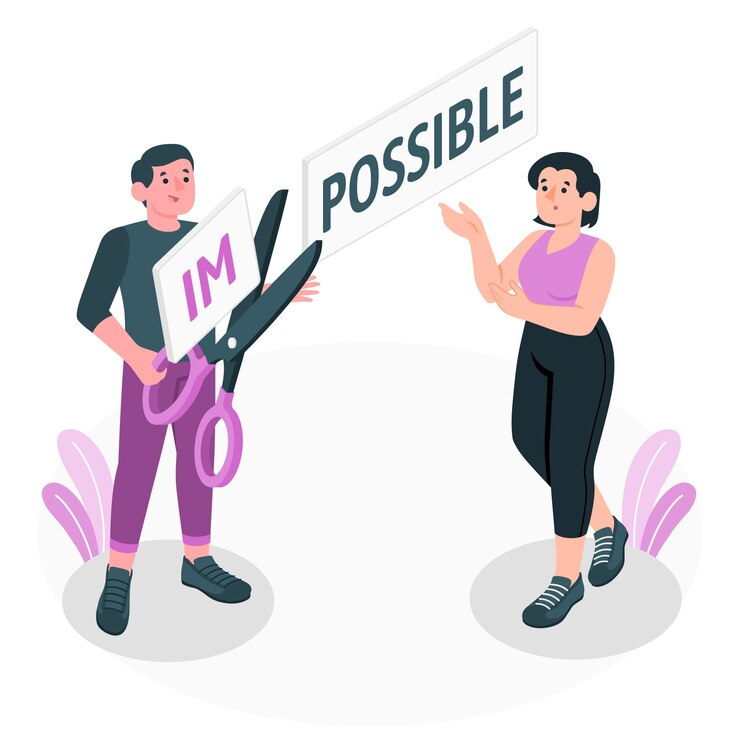Positive Role of NGOs in community
AI-UNO every year evaluates NGOs progress, polls from communities & surveys around the world with the help of different sectors, field and digital information gather. AI-UNO check positive role of NGOs in urban and rural community, majority peoples from rural happy from NGOs role. NGOs play a vital and positive role in communities around the world. Their impact is multifaceted and contributes to the well-being and development of communities in various ways. Here are some of the positive roles that NGOs fulfill in communities: For donation please register your self send email with subject “donations” on info@aiuno.org
- Service Delivery: NGOs often provide essential services to communities, including healthcare, education, clean water, sanitation, and housing. These services can improve the overall quality of life for community members.
- Advocacy and Awareness: NGOs advocate for social and environmental causes. They raise awareness of critical issues and work to influence policy changes at local, national, and international levels.
- Capacity Building: NGOs offer training and capacity-building programs to enhance the skills and knowledge of community members. This helps empower individuals and groups to address their own challenges.
- Poverty Alleviation: NGOs implement poverty alleviation programs, including microfinance, livelihood development, and vocational training, to help individuals and families escape the cycle of poverty.
- Healthcare Initiatives: NGOs work to improve healthcare access, promote disease prevention, and provide medical services. They often target specific health issues like maternal and child health, infectious diseases, and mental health.
- Education and Skill Development: NGOs support educational initiatives by building schools, offering scholarships, and developing educational materials. They also focus on skill development to enhance employment opportunities.
- Human Rights and Social Justice: NGOs champion human rights, civil liberties, and social justice causes. They provide legal aid, advocate against discrimination, and work to create inclusive and equitable societies.
- Environmental Conservation: Many NGOs engage in environmental protection and conservation efforts. They work to preserve natural resources, combat climate change, and promote sustainable practices within communities.
- Emergency Response and Relief: NGOs are often at the forefront of disaster relief efforts, providing immediate assistance in the aftermath of natural disasters, conflicts, or public health emergencies.
- Community Empowerment: NGOs encourage community participation in decision-making processes and empower local communities to take ownership of their development and welfare.
- Cultural Preservation: Some NGOs focus on preserving and promoting local cultures, languages, and heritage, helping communities maintain their identities in a globalized world.
- Gender Equality and Women’s Empowerment: NGOs support gender equality by promoting women’s rights, providing education and economic opportunities for women, and addressing issues like domestic violence and gender-based discrimination.
- Advocacy for Vulnerable Populations: NGOs often work with vulnerable populations, such as refugees, migrants, the disabled, and marginalized communities, providing them with a voice and assistance.
- Conflict Resolution and Peace building: NGOs play a role in conflict resolution, peace building, and reconciliation efforts, promoting harmony and stability within communities and regions.
- Research and Data Collection: NGOs often conduct research to better understand community needs and challenges. This research informs their strategies and policy advocacy.
- Youth Engagement: NGOs engage with young people through youth development programs, education, and leadership training to foster the growth and engagement of the next generation.
- HIV/AIDS and Public Health Awareness: NGOs work on raising awareness about health issues, including HIV/AIDS prevention and public health campaigns to promote healthier lifestyles.
NGOs are driven by the commitment to make a positive impact on communities, often with a focus on marginalized or underserved populations. Their work complements government efforts and addresses critical social, economic, and environmental issues, ultimately contributing to community development and the well-being of society as a whole.






Leave a Reply